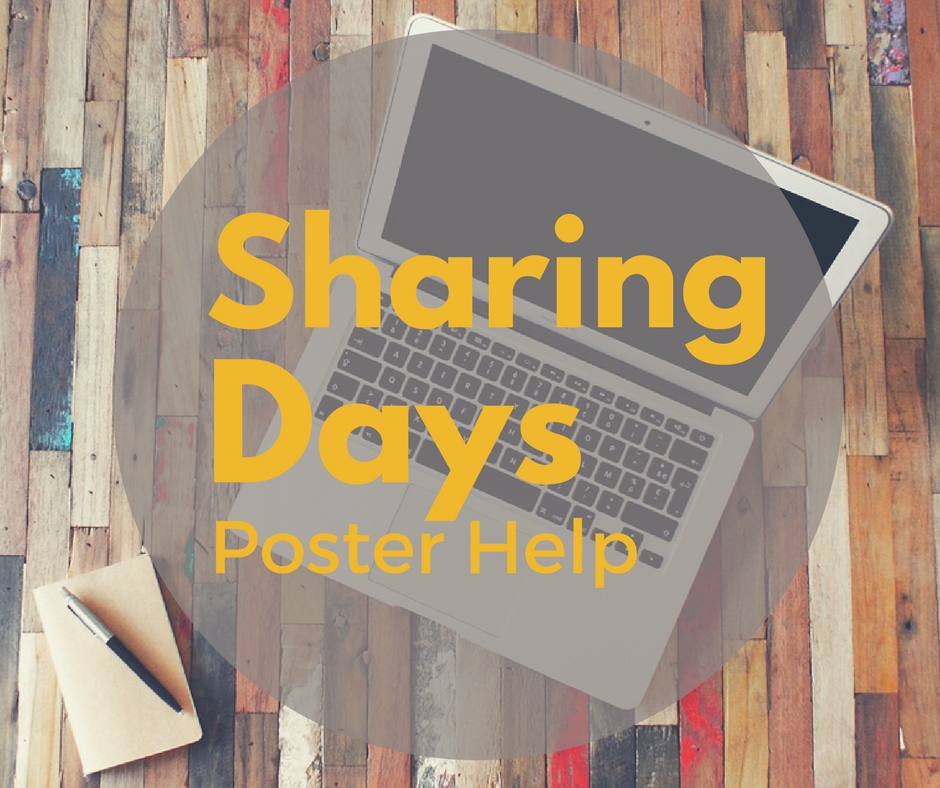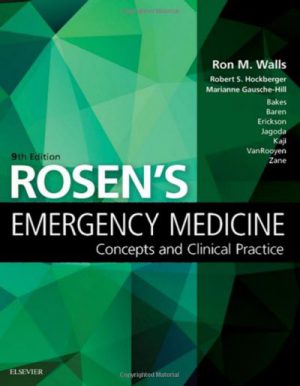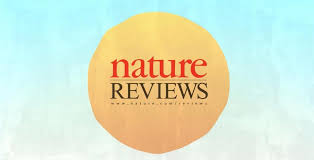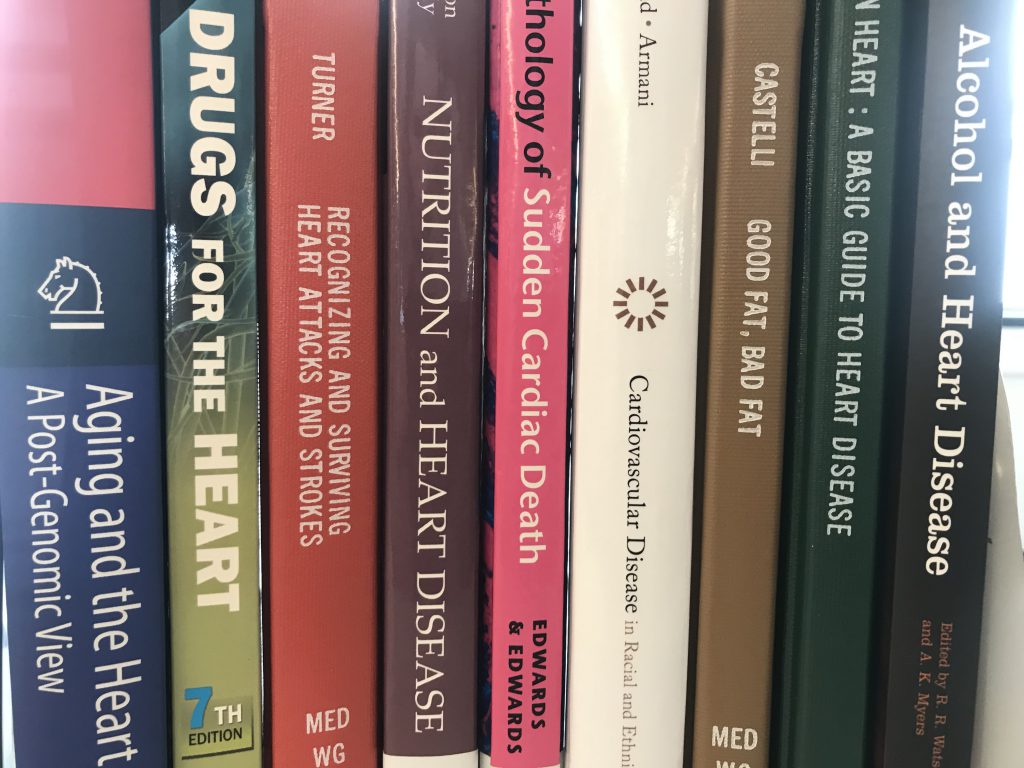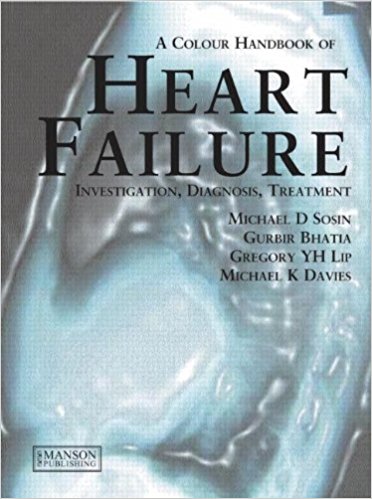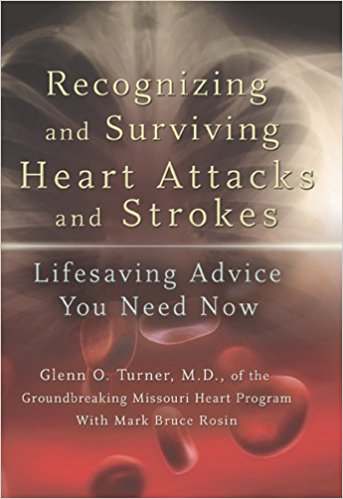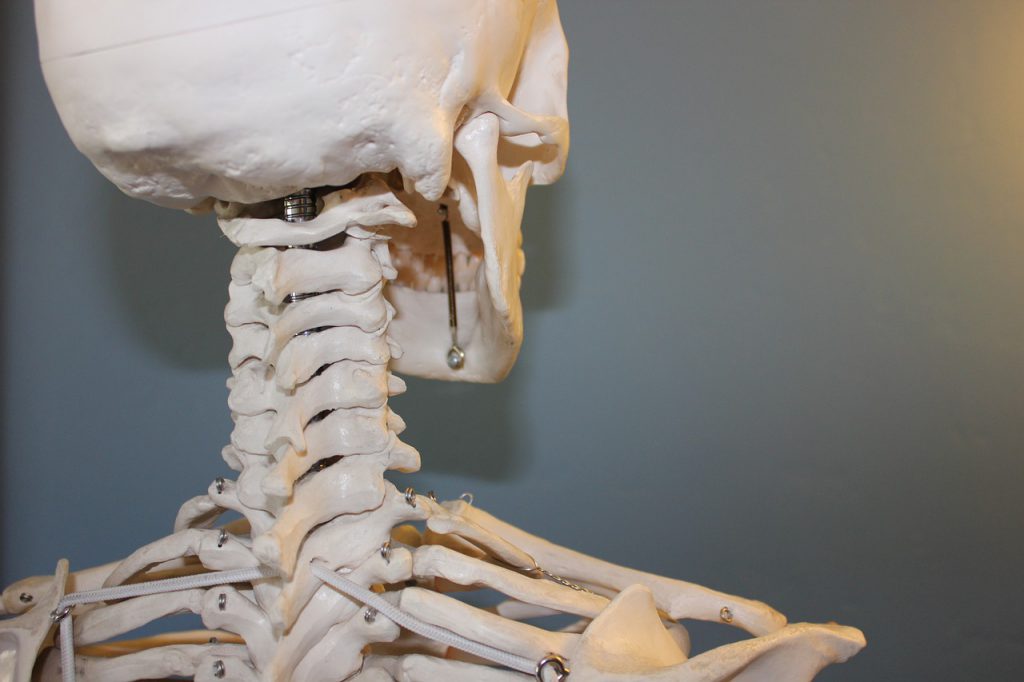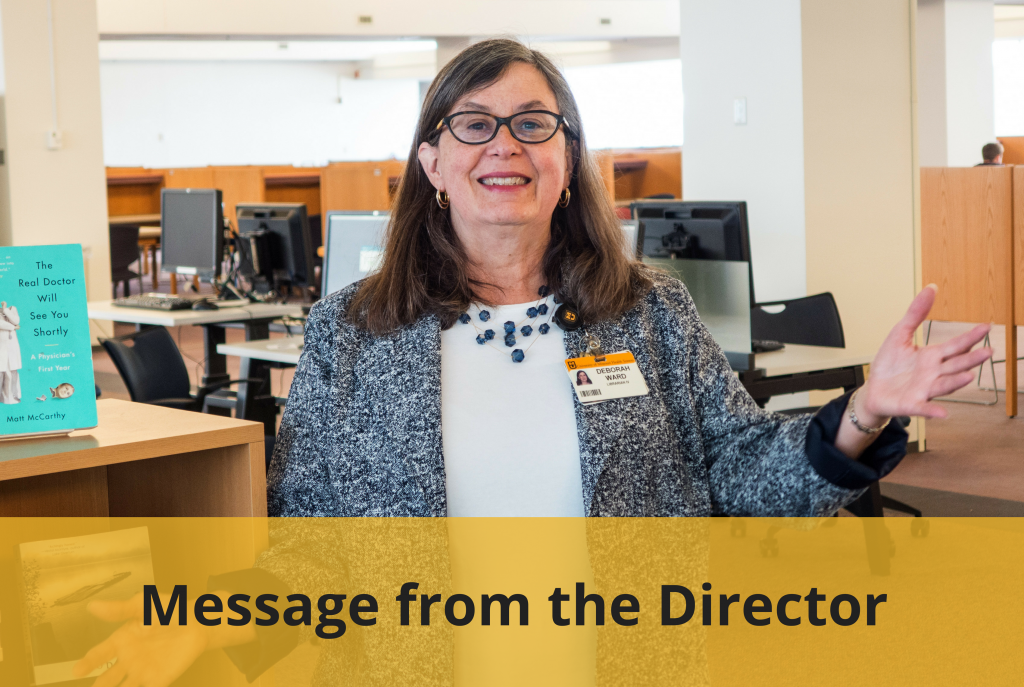Do you have a project that has shown significant process in the past year? If so, why not share your poster during the 5th Annual Sharing Days May 1-3 2018.
The Powerpoint for Posters guide provides resources for design tips, templates, MU Logos and Colors, infographics, and much more. Of course, there are other ways to create posters, by powerpoint is commonly used.
Of course, apart from the layout of your poster, it is important to consider the information that goes on your poster. Does your poster provide enough information? Does it have too much? Be sure to pay special attention to the Evaluating Your Poster tab, which provides a poster evaluation checklist, along with evaluation surveys and rubrics to help you determine if your poster has a focus. You do want your poster to be visually appealing, but you also want your poster to be informative.
When you have the finished product, the Center for Health Care Quality (CHCQ) will print your poster for free on non-laminated paper. Be sure to check that option when you submit the poster in the QI Tracker. Remember, the deadline to submit your poster is April 15th, either through the QI Tracker or through SharePoint.
For poster help contact Taira Meadowcroft at meadowcroftt@health.missouri.edu or call at 573-884-3575. Need poster inspiration? You can view last year’s posters at www.mymuhealth.org/2017sharingdays.

